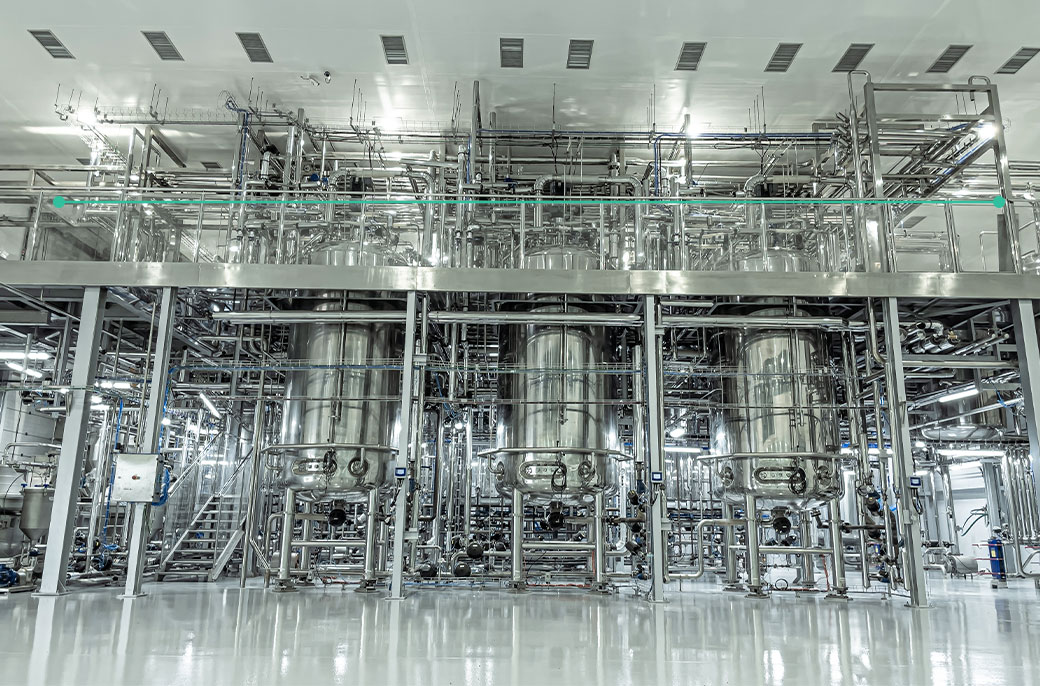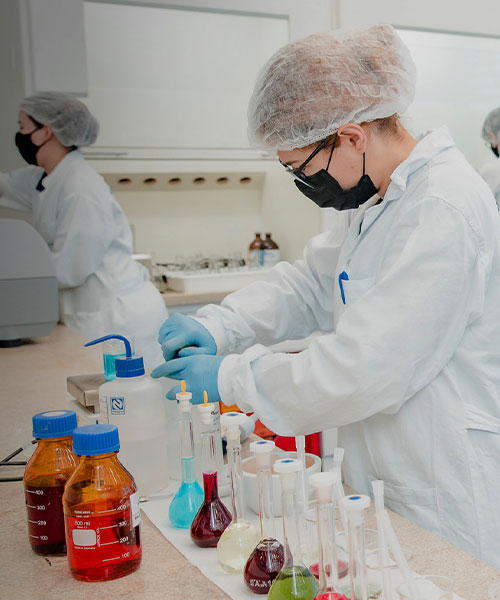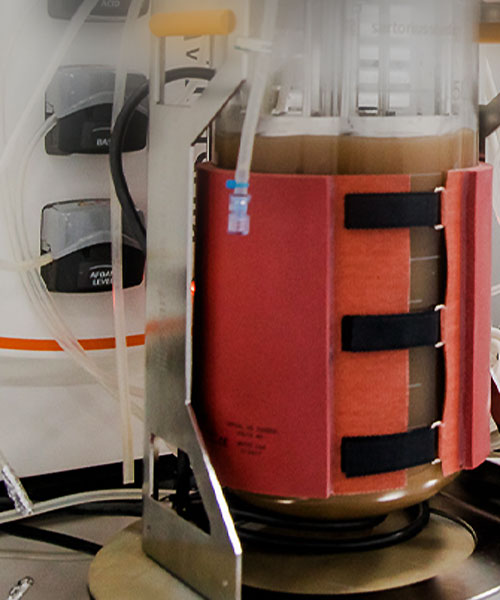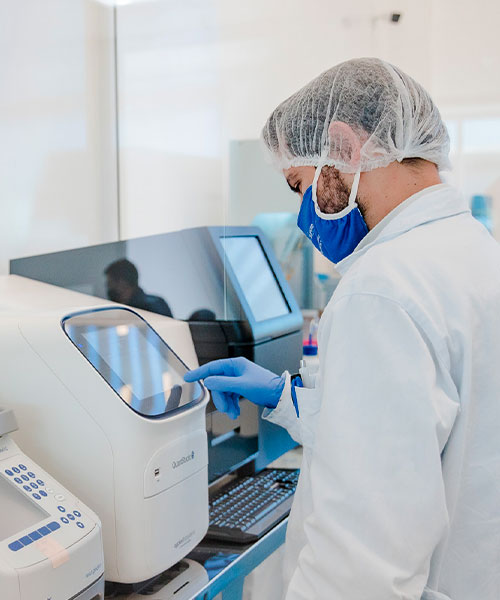Our research center, the SUPERBAC Innovation Center, counts on 70 researchers focused on the development of biosolutions for the Brazilian market.
In addition to biochemistry, fermentation, molecular biology and bioinformatics laboratories, it also has the most modern microbial fermentation plant in Latin America.

Our biofactory opened in October 2021 and is one of the most modern microbial fermentation plants in the Americas. It has a unique combination: large production capacity with robust sanitary standards.
The project includes 3 independent lines, in which 3 different microorganisms can be multiplied at the same time. This is only possible due to the high sanitary standard that prevents contamination.
In the biofactory, fermentation strategies can be implemented focused on the large-scale production of biomass, on obtaining biomolecules or even on the biotechnological conversion of components of interest.
It was developed to internalize and verticalize the industrial production of microorganisms, proteins, enzymes and a whole range of ingredients, in addition to contributing to place Brazil in a prominent position in the biotechnology segment.
This structure opens space for SUPERBAC to participate in the supply of bioinputs and bioprocesses for several other areas such as: agriculture, oil and gas, cosmetics, nutrition, hygiene and cleaning, food and beverages, sanitation, pharmacology, consumer goods, among others.








